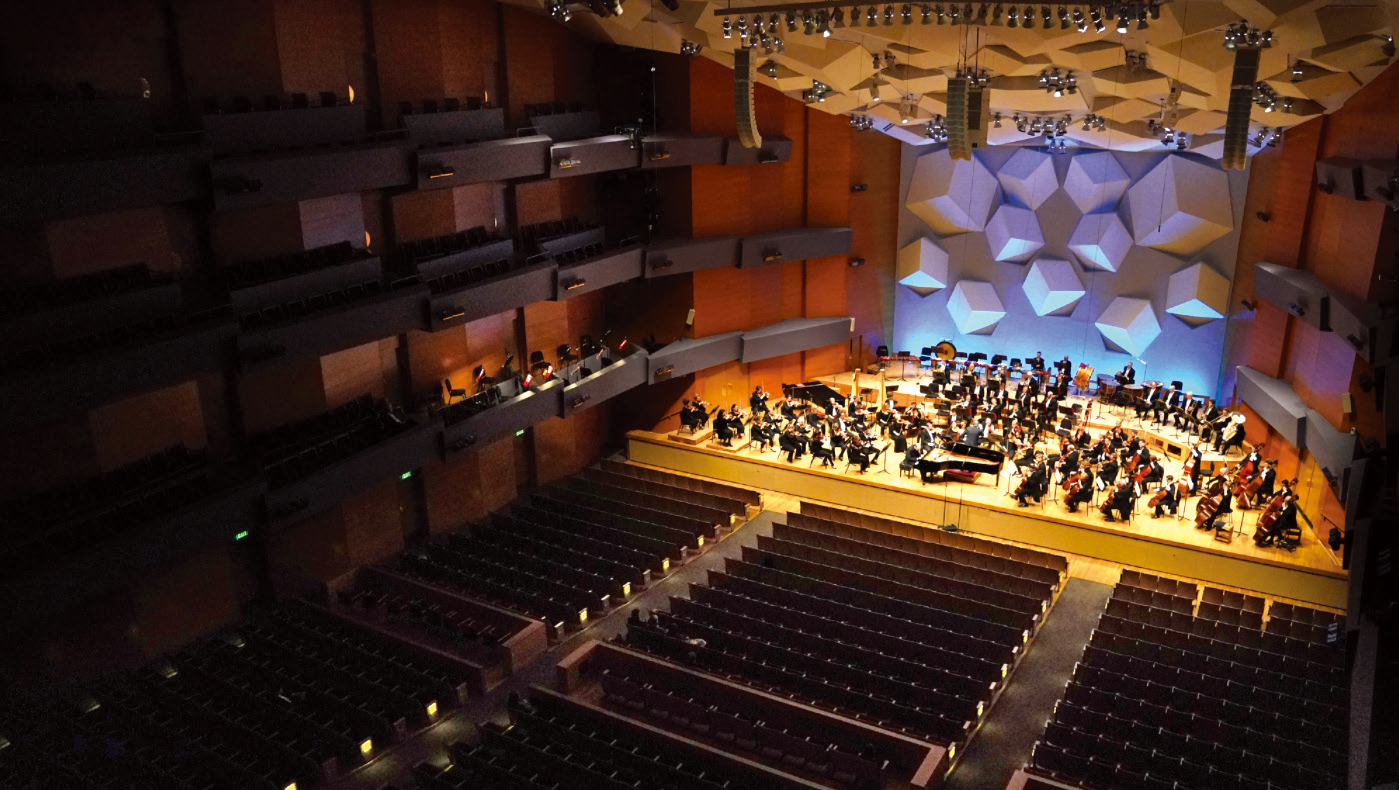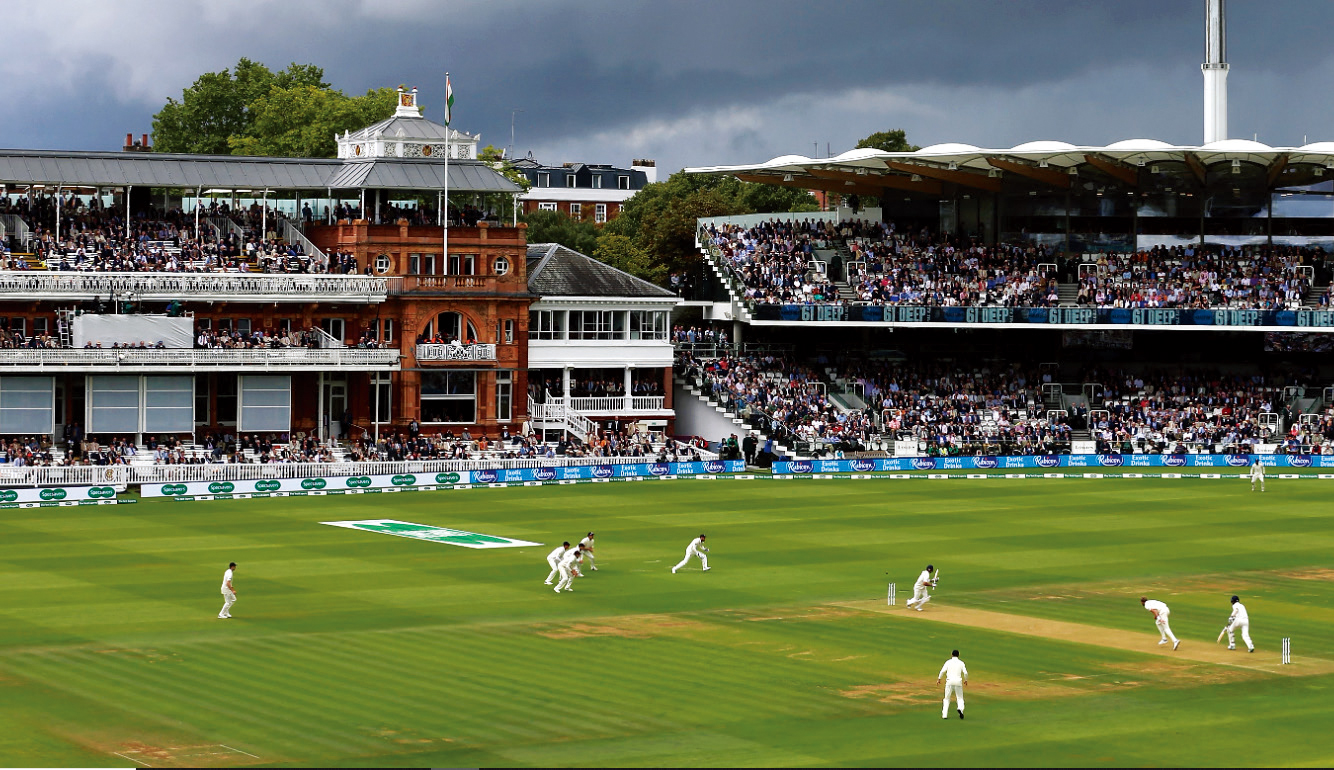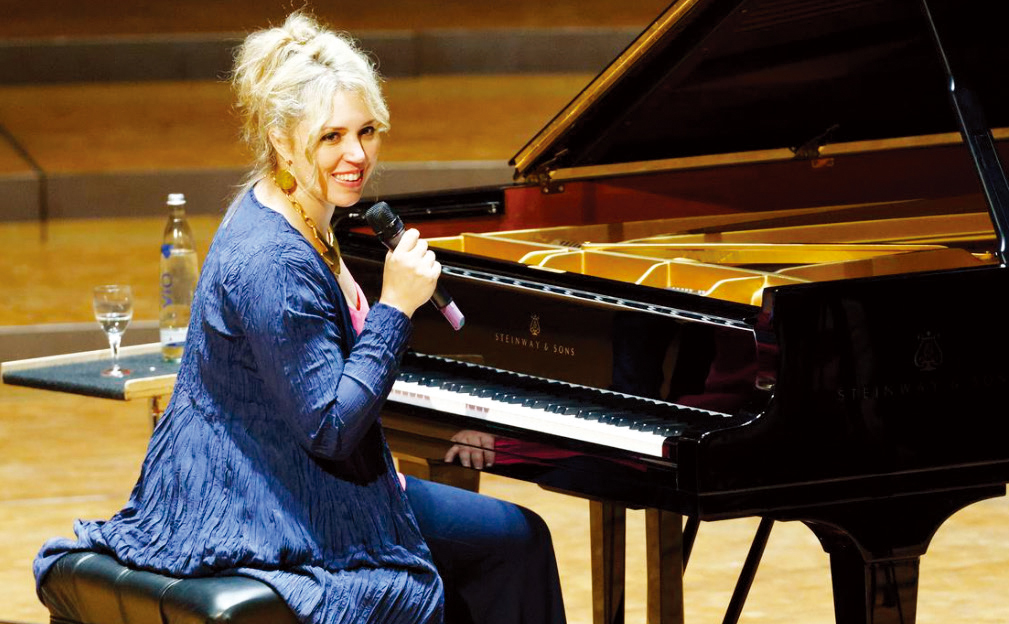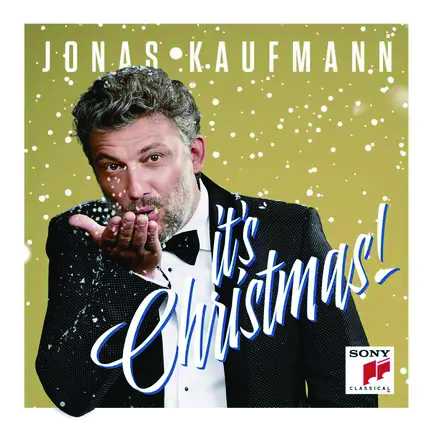노먼 레브레히트 칼럼 스포츠와 음악
스포츠와 음악
식지 않는 인기의 스포츠로부터, 우리는 무엇을 배울 수 있을까?

©Anthony Souffle, Star Tribune
음악계에 별다른 이슈랄 게 없는 관계로, 다른 중요한 주제에 대해 적어보려 한다. 스포츠에 관해서다. 여러 오페라하우스와 공연장에 대한 제재가 이어지는 와중에도 정부는 축구 경기 방송을 허용할 만큼 스포츠가 중요하다고 선언했다. ‘프로 스포츠는 대중의 정신 건강에 좋다’는 것이 정부의 공식 입장이다. 공연에 대한 입장에는 누가 관심이나 있는지 모르겠다. 호주의 테니스 스타들은 머리를 감겨줄 미용사만 빼고는 모든 것이 갖춰진 5성급 호텔에서 소중하게 보살핌받고 있다. 일본 내각은 올여름 올림픽 개최를 위해 비상 회의를 계속하고 있으며, 스리랑카는 잉글랜드와 크리켓 경기를 가졌다. 골프 선수들은 오는 6월 US 오픈에서 모일 예정이고, 유럽 축구 선수권 대회 역시 진행 중이다. 반면, 음악은 침묵 속에 남아 있다. 60년 전 영국의 소설가 찰스 퍼시 스노(1905~1980)는 과학을 전혀 모르는 인문 문화와 인문학을 전혀 모르는 과학 문화, 즉 ‘두 문화(Two Cultures)’가 존재한다고 주장했다. 개인적으로는 그 이후로 두 문화 사이의 틈이 메워지기 시작했다고 본다. 특히 팬데믹으로 과학이 생사의 문제가 되고, 음악이 고인을 추억하는 데 필요해지면서 대중은 양쪽에 대해 조금씩은 알게 되었지만, 두 영역 모두 스포츠에 추월당한 지 오래다. 스노의 시대에 문화적으로 교양 있는 사람은 리그 우승팀을 알려고도 하지 않았지만, 우리 시대에는 휴대폰으로 최신 경기 기록을 확인하지 않은 채로 대화를 나누기 어렵다. 스포츠 이야기는 백신 주사를 맞으러 간 병원에서도, 노벨상 수상자의 온라인 줌(Zoom) 강의에서도 분위기를 풀기 위한 최고의 선택지이다. 허나 예술인 대부분은 프로 스포츠를 낮춰본다. 어떻게 스포츠가 문화계의 심장부를 꿰찼는지, 왜 정치인들이 지휘자 사이먼 래틀보다 축구선수 마커스 래시퍼드의 언행을 우선시하는지에 대해 예술인들은 자문해 보는 게 좋을 것이다. 스포츠의 뜨거운 매력 음악가들은 종종 유년 시절부터 매일 6시간씩 연습해 정상에 올랐다고 자랑한다. 로저 페더러나 비너스·세레나 윌리엄스 자매, 레알 마드리드의 모든 축구 선수들도 다를 바가 없다. 한때 동네 꼬마는 공을 찰 수도, 바이올린을 연주할 수도 있었지만, 그 시절은 이미 지난지 오래다. 오늘날 스포츠는 예술이 대적할 수 없는 열망을 갖게 한다. 상황이 어쩌다 이렇게 되었는지 모르겠지만 현재 예술계의 생존이 달려 있다. 스포츠의 거대한 매력을 연구하지 않는다면 우리는 곧 거리로 쫓겨나게 될 것이다. 최고의 매력은 불확실성이다. 일전에 미국의 한 작곡가가 자신의 후원자를 이해할 수 없다고 말한 적이 있다. 그가 축구 경기에는 다섯 시간도 쓸 수 있지만, ‘트리스탄과 이졸데’ 공연은 너무 길다고 했다는 것이다. 나는 손쉽게 대답했다. ‘트리스탄과 이졸데’는 티켓을 사기도 전부터 결말을 알고 있지만, 스포츠에서는 모든 것이 경기에 달려있고 결과가 정해져 있지 않기 때문이라고. 베토벤 시대, 빈에서는 사람들이 무엇을 듣게 될지 모른 채 공연장에 갔다. 그들이 아는 것이라고는 건반 위 촛대를 떨어뜨리며 공연장을 뒤흔들어 놓는 미치광이 청각 장애인이 연주한다는 것뿐이었다. 오늘날의 음악은 당시의 예측 불가능성을, 짜릿한 두려움을 잃어버렸다. 3~4년 전에 미리 협의가 이뤄진 공연은 한 치의 오차도 없이 정확하게 예행 연습된다. 베토벤의 오케스트라에는 프로 연주자와 아마추어가 뒤섞여 있었고, 일부 아마추어 연주자들은 프로에 비해 훨씬 숙련되기도 했다. 오늘날 음악계는 전 세계적으로 연합되어 있고, 음악가들은 음악에 대한 애정이 아니라 임금을 위해 연주를 한다. 스포츠라고 다를 바는 없지만 아직 그 세계에서는 열정이라는 것이 빛을 발하고 있다. 한때 주말 영화 산업이 자본주의의 노예인 산업 노동자에게 그러했듯이, 스포츠 역시 팬 공동체를 형성하고 참여적인 분위기를 만들기 위한 방법을 고안해냈다. 큰 경기에 가보면 쉽게 알 수 있다. VIP 벤치에서 뵈브 클리코를 홀짝이던 사람도 이내 다른 관중과 함께 몸을 들썩이며 노래를 부르게 될 것이다. 클래식 음악 공연과 오페라에서 관객은 좌석에 못 박힌 채 침묵한다. 오직 작품 사이사이에 정중한 감사를 내보이는 것만이 허용된다. 재미있을 것 같나? 대개 그렇지 않다. 스포츠는 아까운 시도들과 가정 등 이야깃거리가 풍성한 공연장이자, 선수들의 플레이에 따라 이번 주말에서 다음 주말로 이어지는 한편의 드라마이다. 반면 음악은 침묵과 더불어 음악가에 대한 존경을 강요하며 대중 속으로 진입하기를 거부하고 있다. 대중음악은 1970년대 진흙투성이 관객들이 소리를 내지르며 음악가 못지않은 경험을 하는 페스티벌 열풍에서 돌아가는 분위기를 읽어 냈다. 클래식 공연은 과연 이런 열정에 다시 불을 붙일 수 있을까?

스포츠는 이야깃거리가 풍성한 공연장이자, 선수들의 플레이에 따라 이번 주말에서 다음 주말로 이어지는 한 편의 드라마이다
서로의 거리를 좁혀, 더 뜨겁게 우리는 스포츠를 관찰하고 그로부터 교훈을 얻을 필요가 있다. 현재 백신 접종이 시작되며 소규모 공연이 배로 증가하고 있다. 음악이 다시 연주되기 시작하면, 런던 프롬나드 콘서트처럼 공연장 절반의 좌석을 들어내고 음료와 아이스크림을 손에 든 채 돌아다닐 수 있는 공간을 만들어야 한다. 클래식 공연의 치명적인 방해물 중 한 가지는 바로 부유한 이들이 안전하게 다른 관객으로부터 거리를 둘 수 있도록 차례로 배열된 좌석 가격이다. 차별적인 가격 제도는 철폐되어야 한다. 모든 좌석의 가격이 동일해야 하며, 그보다 더 좋은 방법은 바로 모든 좌석을 없애는 것이다. 베토벤 시대의 열정적인 공연을 다시 불러일으킬 수는 없겠지만, 적어도 수년 전에 공연을 계획하는 관행을 중단하고, 연주자들에게 최후의 순간에 프로그램을 바꾸도록 권장해야 한다. 아니면 베네수엘라 출신 피아니스트 가브리엘라 몬테로(1970~)처럼 즉흥 연주를 하는 것도 좋겠다. 음악가들은 작은 신처럼 묘사되는 홍보 문구에서 벗어나 지상으로 내려와야 한다. 종종 프랑스 TV 프로그램에 출연한 바이올리니스트 이브리 기틀리스나, 요즘에도 얼굴을 비추고 있는 피아니스트 카티아 부니아티슈빌리처럼 유명 TV 프로그램에 출연도 해야 할 것이다. 이것을 웃음거리로 만들곤 했던 음악 전문학교 시절의 불안에서 벗어나야 한다. 바보는 많을수록 좋으니 말이다. 피에르 불레즈는 공연이 끝난 뒤 런던 라운드하우스, 뉴욕 링컨 센터의 바닥 카펫에 앉아서 관객과 대화하는 시간을 갖곤 했다. 관객은 3달러를 내고 바닥에 쪼그려 앉기만 하면 됐다. 이와 같은 기회가 더 많이 필요하다. 지난여름, 몇몇 페스티벌에서 실험적으로 야외 오페라를 선보였는데 아무도 쇼크나 추위로 죽지 않았다. 탁 트인 하늘 아래에서 소프라노들은 골키퍼만큼이나 연약하고도, 사랑스러웠다. 음악계는 새로운 영웅을 길러내야 한다. 오늘날 세 가지 문화 중 우리의 음악이 가장 낮게 평가되고 있다. 번역 김진

가브리엘라 몬테로
Classical music and Sports 노먼 레브레히트 칼럼의 영어 원문을 함께 제공합니다 Since there’s nothing much happening on the music front, I shall write about a more important subject, namely sport. It is not me but governments who have declared sport to be more important, so much so that they have permitted televised football while opera houses and concert halls remain under lockdown. The official case for professional sport is that it is good for the public’s mental health. The case against concerts is well, who cares? In Australia, tennis stars are pampered in five-star hotels with everything except a coiffeur to wash their hair. The Japanese Cabinet is holding crisis meetings in a bid to save this summer’s Olympics. Sri Lanka played England at cricket Test. Golfers will flock to the US Open in June. The European Football Championships are going ahead. Music, meanwhile, remains on mute. Sixty years ago, the British novelist C. P. Snow argued that there were Two Cultures in which people in the humanities knew nothing of science, a vice-versa. That chasm, it seems to me, has since been bridged. Most of us know a bit of both, especially in a pandemic when science is a matter of life or death and music is required for remembrance of the dead. Both pursuits, however, have been overtaken by sport. In Snow’s time no cultured person would admit to knowing which team is top of the league. In ours, no conversation is complete without checking the latest scores on your phone. Sports chat is the great ice-breaker, whether at the clinic while receiving your vaccine or at a Zoom lecture by a Nobel laureate. Most arts people look down on professional sport. They would do better to ask themselves why sport has displaced them at the heart of our culture, why politicians will always listen to Marcus Rashford ahead of Simon Rattle. We often hear musicians brag that they reached the top by practicing six hours a day from infancy. No different, then, from Roger Federer, the Williams sisters and every footballer in Real Madrid. Once, a ghetto kid might have chosen between kicking a ball or playing the violin; that day is long gone. Today, sport offers aspirations that art cannot match. Why that is so is now an existential question for the arts. If we don’t study the mass allure of sport we will soon be out of business. The premier attraction is uncertainty. An American conductor once told me he couldn’t understand how his patrons could spend five hours at a ballgame and still claim that Tristan und Isolde was too long. Easy, I replied. With Tristan we know how it’s going to end before we buy a ticket. In sport, there’s all to play for and the result is up in the air. Back in Beethoven’s Vienna, people turned up at a concert not knowing what they were going to hear, except that it was something by that crazed deaf man who might set the house on fire when he knocked the candelabra off the keyboard. Music has lost its unpredictability, that thrilling fear. Everything is prearranged three or four years in advance and rehearsed to needlepoint precision. Beethoven’s orchestra was a mix of professionals and part-timers, and some of the amateurs were more skilled than the pros. Nowadays, music is globally unionised. Musicians play for a wage, not the love of the game. Sport is no different, but the passion still shines through. Once a weekend dream factory for enslaved industrial workers, sport found a way to create both a community of fans and a participatory ambience. Go to any big match and you’ll be expected to sway and sing along with the crowd, even if you’re sipping Veuve Cliquot in the directors’ box. In classical concerts and opera, the audience is muted and nailed to its seats, except between works when it is permitted to show polite appreciation. Does that sound like fun? Often, it is not. Sport is a theatre of talking points, of near-misses and might-have beens, of player comings and goings, a drama that keeps us engaged from one weekend to the next. Music, with its enforced silences and ‘respect for the musicians’, resists public intrusion. Pop music got the message in the 1970s with a flurry of festivals where the mud-caked, chanting audience feels as much part of the experience as the musicians. How can classical concerts rekindle that fervour? We need to observe sport and learn its lessons. Right now, some concert halls are doubling as vaccination centres. When the music resumes, they should leave the seats out and keep half the hall open for people to wander around, drinks and ices in hand, just as they did in London’s original Promenade Concerts. One of the crushing deterrents of classical concerts is the tiered seat pricing, putting the rich safely out of reach of the rest of us. Discriminatory pricing must be scrapped. All seats should be equal, and the best option would be no seats at all. While we’ll never rekindle the fire of a Beethoven concert, we need to stop planning concerts years in advance and encourage performers to change the menu at the last minute - or to improvise, like the Venezuelan pianist Gabriela Montero. Musicians must become more human, dispensing with the PRs and hacks who depict them as mini-Gods. They should take part instead in popular television, as the violinist Ivry Gitlis used to do in France and the pianist Khatia Buniatishvili still does. They need to lose that Conservatoire angst of making a fool of themselves. The more fools, the better. Pierre Boulez used to hold after-concert chats with audiences, sat on rugs at London’s Roundhouse and New York’s Lincoln Center. You paid $3 and squatted on the floor. More, please. Last summer, some festivals experimented with staging operas outdoors. No-one died of shock or cold. Under open skies, sopranos were as vulnerable and endearing as goalkeepers. Music must cultivate a new breed of heroes. There are three cultures now, and ours is the least valued.
글 노먼 레브레히트 영국의 음악·문화 평론가이자 소설가. ‘텔레그래프’지, ‘스탠더즈’지 등 여러 매체에 기고해왔으며, 지금 이 순간에도 자신의 블로그(www.slippedisc.com)를 통해 음악계 뉴스를 발 빠르게 전한다.







